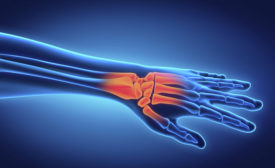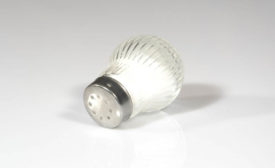News
Report: Unsafe drinking water widespread in U.S.
“There’s no cop on the beat enforcing our drinking water laws”
May 12, 2017
Never miss the latest news and trends driving the safety industry
eNewsletter | Website | eMagazine
JOIN TODAYCopyright ©2024. All Rights Reserved BNP Media.
Design, CMS, Hosting & Web Development :: ePublishing










